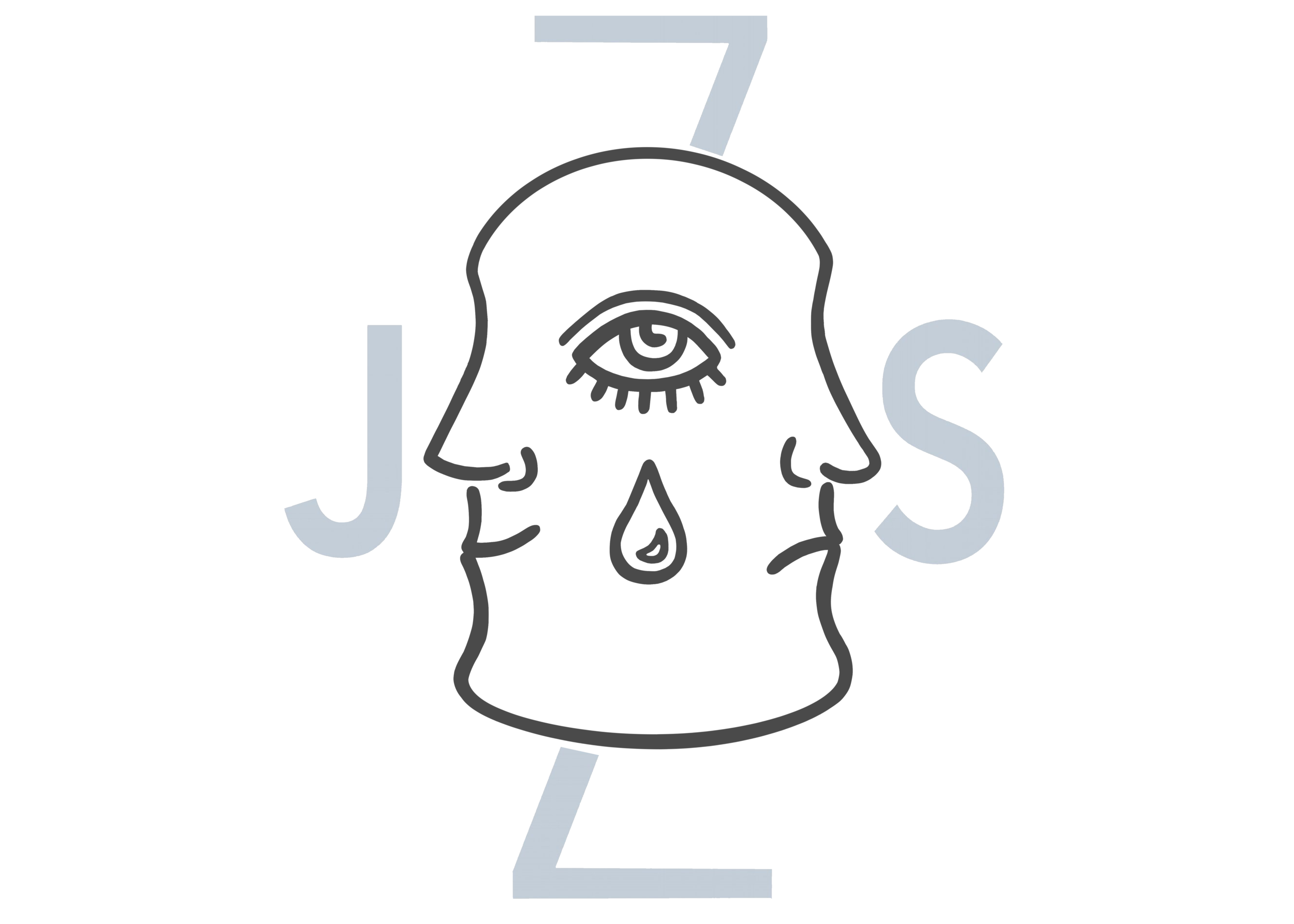6 MONTHS.
It’s like waking up from the longest dream of your life. You open your eyes, everything is still a little blurry, and you’re trying to figure out what’s real and what was all just a figment of your imagination. It’s a strange, lucid feeling that leaves you questioning every decision you made, and every path you chose while you were in an altered state of mind.
6 MONTHS ago, I decided to embark on a journey of self discovery in the hopes of becoming healthier and happier. For me, the first necessary step to getting sober was giving up the outrageous cocktail of psychopharmacological drugs that had been keeping me afloat. After struggling with my mental health for years, I was led to believe that medicating myself for basically everything was the easiest way to get by. I was content with this narrative, too, until the day I realized I had grown fairly detached from reality and lost my grip on good decision making.
I may still have been able to maintain my good grades in school and uphold several jobs & artistic endeavors along the way, but all the while living in an air of cursory- feeling nothing truly penetrating the surface. It’s easy to fall hard and fast into any type of altered reality, especially for those who struggle with mental illness, because it can feel so comforting to find something constant/ stable, even if it’s not good for you. The problem, though, is that it can be hard to believe something is not good for you if it’s prescribed by a doctor. In this country, despite the efforts of many, there’s still a large oversight by our health care system not dealing with the incalculable overlap of patients suffering from mental health and substance abuse issues simultaneously.
Since the degradation of Barbiturate therapy towards the end of the 60’s, given its extremely addictive nature, Benzodiazepines (also known as “benzos” for short) have replaced Barbiturates as one of the most common form of prescribed medical treatment for cases of anxiety and certain sleep disorders. The Pat Moore Foundation for Addiction Recovery says that because of this replacement, rates of addiction to benzos have now wildly increased due to the accessibility of the drugs post-prescription, and the extreme physical dependence. Teenagers are undoubtably the demographic most vastly effected by this epidemic. Around 2013, benzo abuse in this country began to reach record highs, as a 67% increase in written prescriptions resulted in over 13 million americans having legal access Benzodiazepines. Klonopin, for example, is known now as one of the country’s most widespread addictive prescription drugs, and in 2013 there were approximately 400,000 Americans between the age of 16-17 illegally abusing this specific drug. At that time, I was about 17 years old myself.
Aside from the daily sedation of my mind, the load of chemicals I was pumping into my blood was having various physical side effects that lent themselves to creating a habitual environment of disordered eating and body dysphoria. I had no ability to see the world, or myself, as it stood in front of me, and chose to try and counteract the constant weight gain and weight loss with excessive exercise, paired with intermittent bouts of starving and binging. After I began to ween myself off, I subsequently saw a rapid change in both my body and the way that I perceived it.
I have now come to the decision that it’s more important for me to learn to process my emotions, rather than attempting to numb them. The only way to live symbiotically with mental illness, is to treat it with care and do my best to combat emotions with logic and understanding, rather than with drugs. I now take lead from my body and listen carefully to what it’s telling me, instead of trying to quiet the inner monologue. I’m no longer frightened enough by the depths of my mind to hide away from what’s inside.
6 MONTHS. When I read that number, my heart truly swelled and I felt overwhelmingly proud. Statistics show that upwards of 50 million Americans misuse prescription drugs, but for some reason, until now I was still ashamed to be honest in sharing my journey to sobriety. They say the hardest thing for any addict to do is admit that they have a problem; however, I was very quick to admit I had a problem for a long time, but I just wasn’t willing to do anything about it.
This is just the first milestone of many, as I am about 3 months alcohol free and still working on getting weed fully out of my system after cutting down significantly, but this 6 month chip made me feel proud enough to finally share a little bit of my story. While I may not be exactly where I pictured myself post-graduation, I’m finally seeing life more clearly and feeling more lucid than ever before.
Thank you to all those who have shown, and continue to show, their support ❤️
